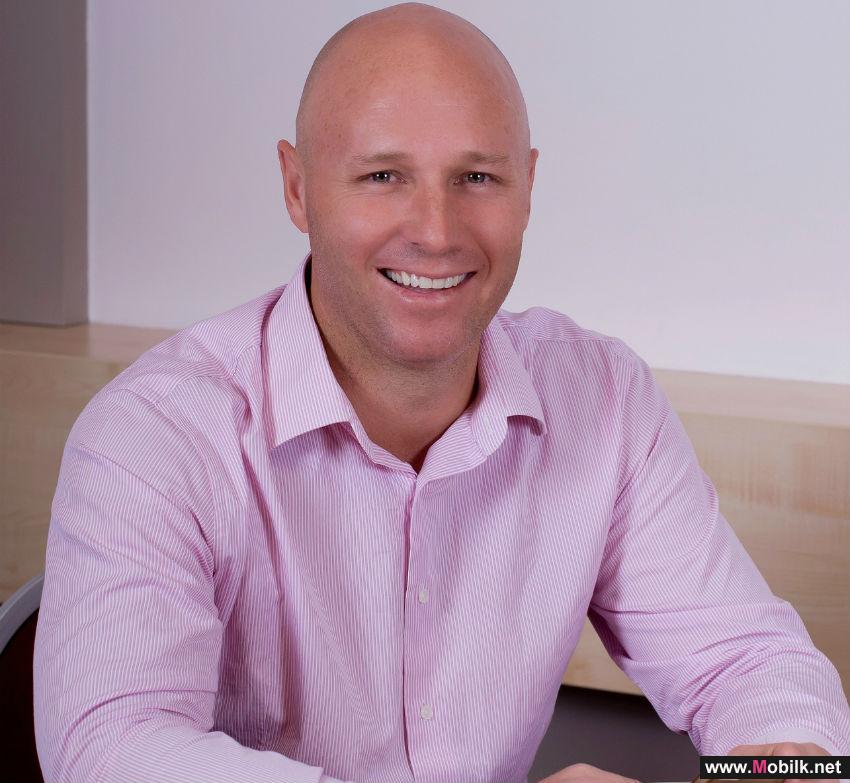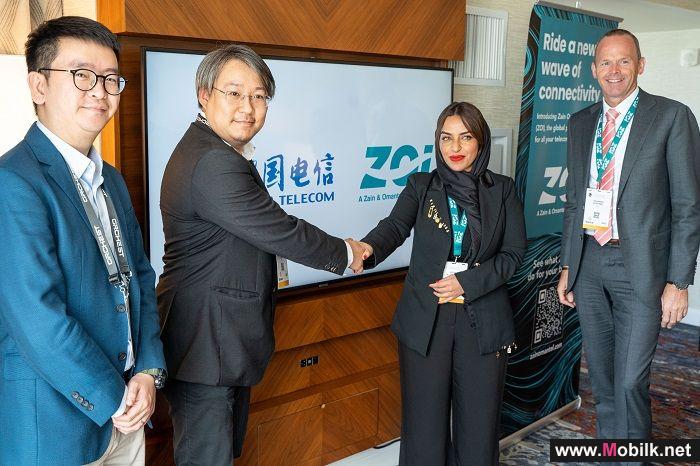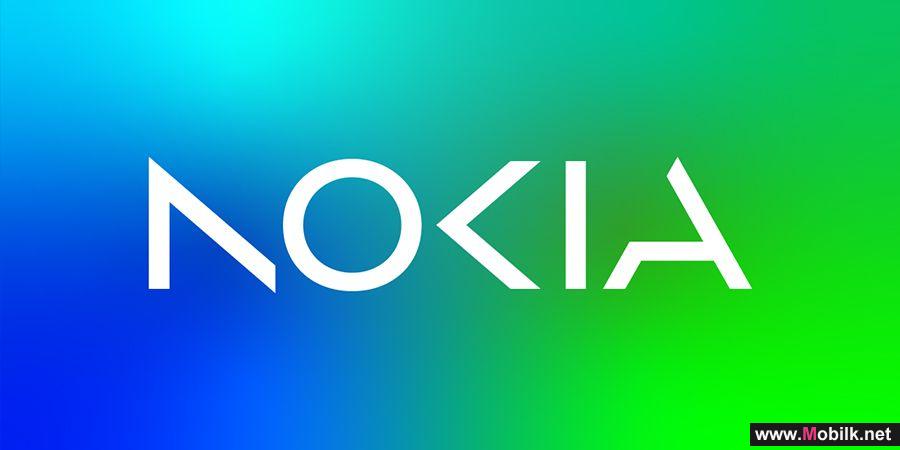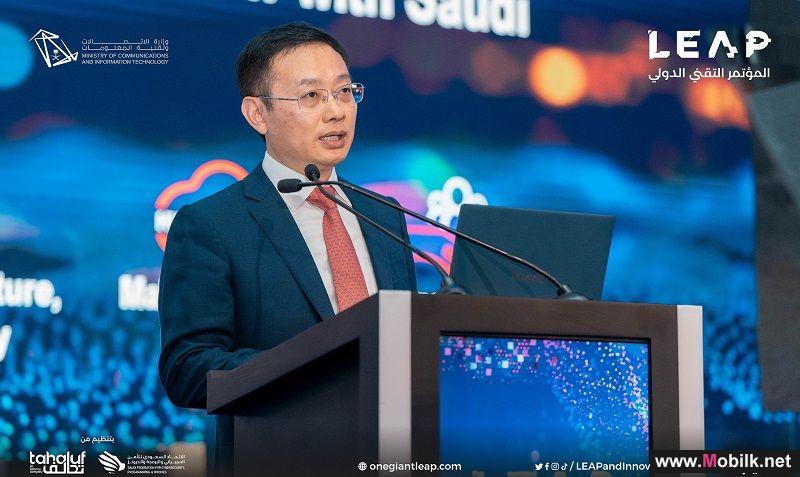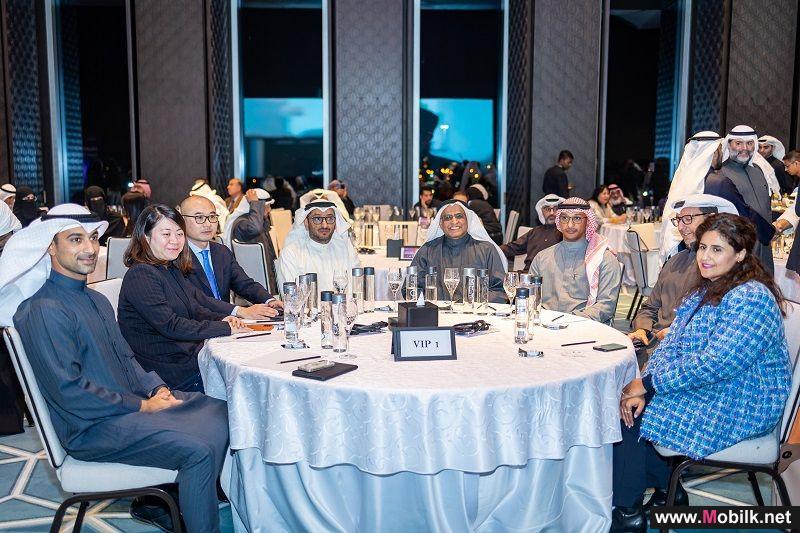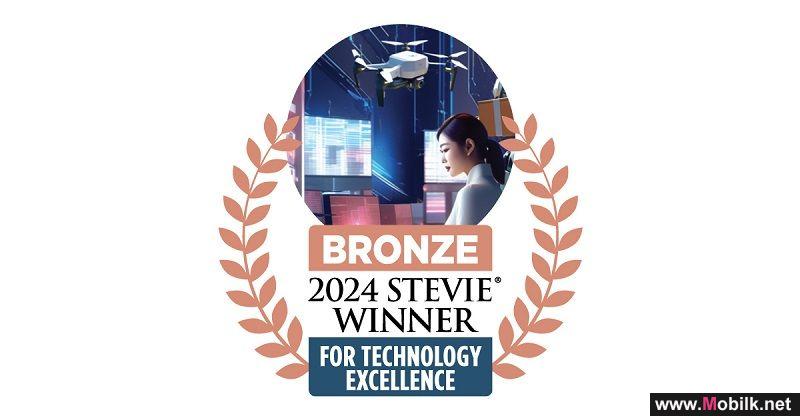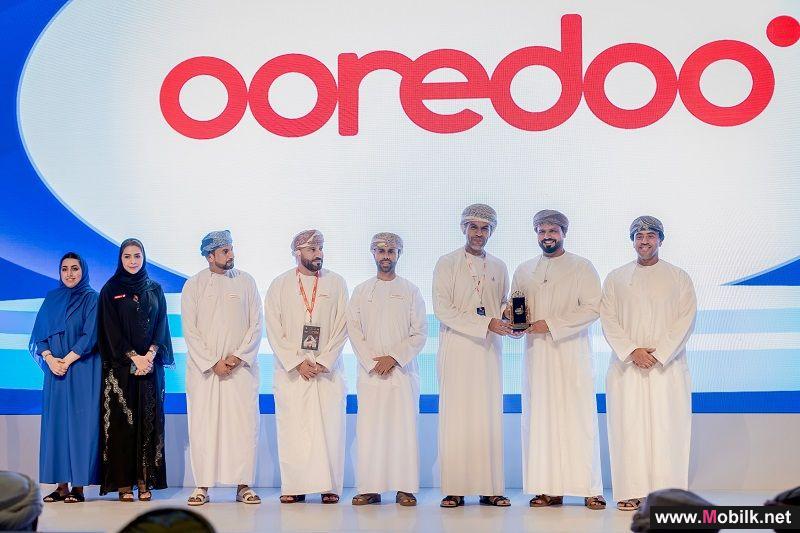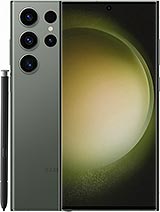Data Availability is Central to Attracting the Next Generation of Talent
Mobilk - Technological innovation and the emergence of the millennial generation are closely entwined. Few superlatives can accurately sum up the sheer extent to which technology has fundamentally altered the way we live and work, both as consumers and businesses. What we can say is that millennials (those born in the 1980s or 90s and ‘came of age’ in the new millennium according to Pew Research) have been exposed to modern technology for most of their lives and are accustomed to a mostly digital world. Their career aspirations, attitudes to work, and knowledge of tools, apps and services increasingly define 21st century workplace culture, and thus have a knock-on effect on how HR and recruitment departments engage with millennials currently in (or entering) the workforce.
It should be no surprise that the most successful companies in attracting talented millennials (like Google, Apple and Facebook) are technology innovators. While they may not specifically be targeting a millennial workforce, their culture, technological reputation and management give them their pick of the best young talent. Fellow enterprises must learn that, regardless of their industry, nobody is exempt from needing to deploy the latest technology as the opportunity presented by millennials is too significant. By 2020, millennials will form 50 percent of the global workforce, according to PWC. The new age millennial workforce is the first generation to enter the workplace with a more comprehensive grasp of digital tools than any other. The way that we attract, engage and manage them must align to these skills.
In the modern day, all businesses must be digital
Today’s new technologies are creating new industries and replacing old business models. Every enterprise in the world, regardless of industry, should already be (or on the verge of) becoming a truly digital business. Digital business blurs the lines between the digital and physical world, where the digital part of the business becomes a true, competitive advantage. While this will naturally benefit the enterprise’s end customers – who want to be able to do business, make purchases or anything else at any time, from any device and wherever they are – millennials also perceive that their digital expectations will translate to the workplace.
According to PWC, 41 percent of millennials would rather communicate electronically than face-to-face or over the telephone. It is also a generation that has specific expectations about how technology is used in the workplace. 59 percent said that an employer providing state-of-the art technology was important to them when considering a job, but that they habitually use workplace technology alongside their own. 78 percent suggested that accessing technology and devices that they are familiar with makes them more effective at work, indicating a clear need for considering a Bring Your Own Device (BYOD) strategy that is underpinned by flexibility. As such, using cloud-based services together with the company’s on-premises solutions, will be critical. While different cloud providers are available, it is always-on, constantly available data that is central to branching the millennial digital divide.
Appeal to the future, even before you know who they are
According to Capita’s Workforce Horizons study, 94 percent of HR professionals believe that it is critical to engage with the very best talent even before a new position becomes available. Being open and transparent about the expectations of candidates is important, particularly through job specifications and recruitment pages – before a prospective employee is identified. In the modern era, technology is of sufficient importance that flexible working and BYOD policies need to be outlined from the outset.
The old adage of ‘candidates are also customers’ rings true here. Technology is a central component of forming this early reputation. According to Gartner research, the Internet of Things is set to soar by 30 percent this year, rising to 6.4 billion devices in use globally. Due to this connectivity explosion, customers and employees alike expect to engage with an organisation irrespective of time and location. For large, well-known enterprises, it is critical that the future workforce can engage positively before they are an employee – whether that means shopping through a mobile app or website, accessing resources, or applying for a role via a microsite.
Demand on digital
Millennials’ expectations are now more demanding than ever before, so what damage would a very public outage do to an enterprise’s chances of attracting talent? In the modern age, with so many critical services reliant on digital access, even the smallest hiccup in the IT backend can lead to a disproportionately negative business impact on both reputation and revenue. In the financial sector, this could mean customers not having access to mobile banking, or in retail, consumers not being able to purchase something on a website at key times. If a millennial experiences these problems as a customer, their view of that company as a prospective employer will be severely damaged.
How an organisation responds to unexpected downtime is also of critical importance. Enterprises must have a process in place for these rare occasions – a solution that leverages server virtualisation, modern storage and the cloud to provide fast, flexible and reliable recovery in no more than 15 minutes. It can take companies years of careful planning to build and secure an enduring reputation for being a modern business, as well as a great place to work. Therefore it is key to invest the time and effort in technologies that will give the company the ability to bounce back quickly.
9 to 5 – a thing of the past for millennials
The younger generation is in the driving seat when it comes to new working practices. According Capita’s study, 92 percent of HR professionals believe flexibility will become the most important factor for employees in determining the suitability of a future employer. The views of millennials support this. According to research by PWC, only 29 percent of millennials expect to work ‘regular’ office hours by 2022.
This puts an increased strain on old legacy systems, and increase the need for constant technology availability. HR must be increasingly involved in ensuring that a prospective employer meets the technology demands of the next generation. Millennials want flexibility, and an HR department needs to be able to outline how their company is well-suited to accommodating this working style.
Technology is already playing an increasingly critical role in enabling effective and flexible workplace practices, creating the environment in which employees based outside the traditional office setting can work collaboratively and effectively. Millennials expect a workplace technology ecosystem that includes social networking, instant messaging and video-on-demand, for example. Modern technologies that allow remote access mean that everyday applications, networks and storage can be accessed from anywhere, so employees need not sit in their office cubicle to get things done. The flexibility to work from anywhere results in not only a happier workforce, but a more productive one. These increasingly social tools align closely with the way the millennial has experienced them during their upbringing.
The anatomy of the millennial is radically different from previous generations, and technology is the key differentiator. Business leaders, IT and HR departments need to work together to understand what makes this generation click. Clearly, the data-rich, always-on enterprise is a recurring theme when we examine the technological preferences (and expectations) of the millennial generation. The enterprises that are in the best shape in terms of the composition of their technology setup (and corresponding policies for employees) not only have a competitive advantage commercially, but also appeal to the very heart of what drives millennials. HR must be increasingly involved in ensuring that a prospective employer meets the unique demands of the current and next generation. It all boils down to availability!
a
Reports and Studies
China Telecom Global Limited (CTG), the world-leading provider of integrated telecommunication services, has signed a strategic subsea capacity and..
Reports and Studies
Espoo, Finland – Nokia, Qualcomm Technologies, Inc., and T-Mobile today announced that they have achieved a worlds first showcase of successfully..
Reports and Studies
Steven Yi, President of Huawei Middle East and Central Asia, gave a keynote on the second day of LEAP, Saudi Arabias largest and most comprehensive..

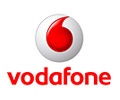 Vodafone Oman
Vodafone Oman Emirates Telecom
Emirates Telecom 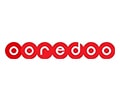 Ooredoo Om
Ooredoo Om Ooredoo Qa
Ooredoo Qa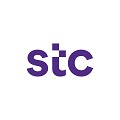 stc Bahrain
stc Bahrain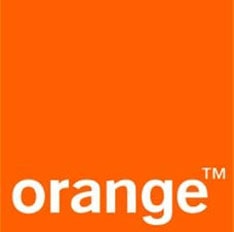 Orange Egypt
Orange Egypt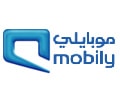 Mobily
Mobily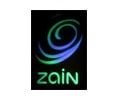 Zain Jo
Zain Jo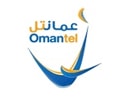 omantel
omantel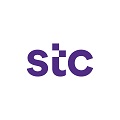 STC
STC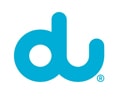 Emirates Du
Emirates Du Asiacell
Asiacell Etisalat Egypt
Etisalat Egypt 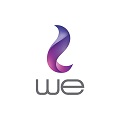 Telecom Egypt
Telecom Egypt jawwal
jawwal Orange Jo
Orange Jo Umniah
Umniah Zain Sa
Zain Sa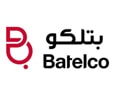 Bahrain Batelco
Bahrain Batelco Zain Bh
Zain Bh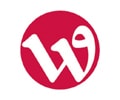 Wataniya palestine
Wataniya palestine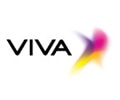 Kuwait Viva
Kuwait Viva  Zain Kw
Zain Kw Vodafone Qa
Vodafone Qa MTN Syria
MTN Syria Syriatel
Syriatel Sabafon
Sabafon Zain Iq
Zain Iq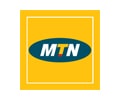 MTN Yemen
MTN Yemen Ooredoo Kw
Ooredoo Kw Vodafone Egypt
Vodafone Egypt 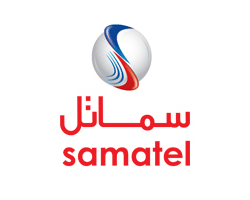 Samatel
Samatel Huawei
Huawei Samsung
Samsung MOTOROLA
MOTOROLA Lenovo
Lenovo Alcatel
Alcatel LG
LG Nokia
Nokia Sony Ericsson
Sony Ericsson HTC
HTC BlackBerry
BlackBerry Siemens
Siemens Acer
Acer Sony
Sony Asus
Asus VK
VK APPLE
APPLE BenQ-Siemens
BenQ-Siemens Sagem
Sagem Eten
Eten HP
HP Panasonic
Panasonic Amoi
Amoi Toshiba
Toshiba Sharp
Sharp Sonim
Sonim Bird
Bird Mitac
Mitac Philips
Philips Vertu
Vertu Pantech
Pantech Micromax
Micromax Maxon
Maxon Haier
Haier I-mate
I-mate Gigabyte
Gigabyte I-mobile
I-mobile Kyocera
Kyocera BenQ
BenQ Microsoft
Microsoft Telit
Telit Connect
Connect Sendo
Sendo Mitsubishi
Mitsubishi SEWON
SEWON NEC
NEC DELL
DELL Thuraya
Thuraya Neonode
Neonode Be
Be Qtek
Qtek Bosch
Bosch Palm
Palm MWG
MWG Fujitsu Siemens
Fujitsu Siemens XCute
XCute WND
WND INQ
INQ O2
O2 Innostream
Innostream Benefon
Benefon Google
Google



